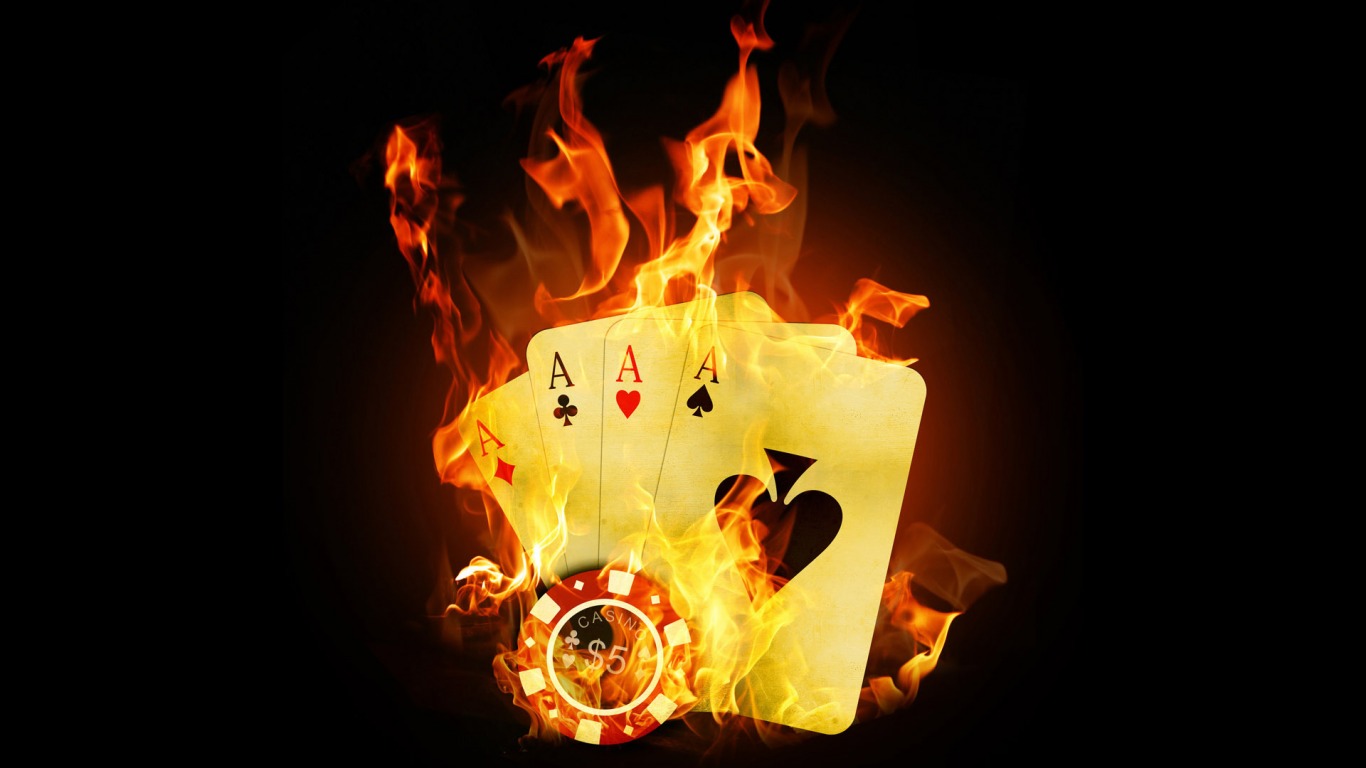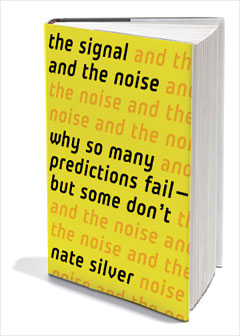
Article by Phil Galfond strategy on the common mistakes that make players
An another similar error people make is to bet too hard with a strong hand, no reason apparent. Some people make big bets on all streets with good pairs, even on the dry board. Sometimes they are so large sums, as they will only be caller by the best hands.
To I-don't-know what reasons, these people prefer to "pick up the pot" rather than make more money. Some people will build a large sum on the flop, and then hit a draw to the color on the turn turn a draw flush (which is often a good move), then check - raiser all-in on the turn and having to lie because they have not the chance to caller.
Think about how your opponents will react to your games. S they will be rather worn to bed and push on the turn and never caller, your flush draw might have the effect d a current d air. When they lie, that you matter, and when what they grow, you must fold in all ways.
I am now aware, after m be made at the end of a three-part article, as there are too many weaknesses and qu should discuss each more details. I'll make the list of some other common weaknesses and to briefly describe:
Analyze hand based mainly on the absolute power of it.
The first thing you should know about poker is that three of a kind beats a pair. Books on Hold em usually gives you a Charter of the value of hands pre-flop. The value of your hand can motivate you, but she, ultimately, it matters little.
First, the value of the preflop hands is based on the situation. At several moments, j would have preferred with 7-3 as A - Q suited. Then, there is so much more important than the value of your hand when you evaluate a situation for example, position, board texture, your opponent, the size of the stacks, the structure of the tournament or the part, history, and the future consequences of your game. Learn the importance of these elements and stop you worry about your two cards.
The relative value of the hands is an important control concept. If your opponent plays an as s hand he had a set or a bluff, a medium pair has the same value as a good pair, even some people calleront with a good pair on the river and will fold with a pair medium when each d she will lose against a value bet and win against a bluff.
Play out-of-position
If you can, always play pots according to your position. L error ignore positions is common to beginners and experts almost, but not medium-level players.
Beginners look at their hand and decide s they should play it, regardless of their position.
Experts say: "I can dominate these guys. "Who cares about it in a better position than me? ''
50/100 NL. 10 k stacks.
Experts almost (PE) open the cutoff to 600 with 9-7 non-suited. The button is predictable and puts it to 2100; the EP call, saying, "it is so easy to play as him. '' "I still know what it." so PE, you good so that you can ignore its position and its best hand? There is not much to do with 1/5 of your stacks in the middle of the preflop, apart from the position and against a player who has K - K, regardless of you're better than him.
TRY TO WIN ALL THE POTS
This week, one of my friends, who is a very good player of low-stakes, m said that I had given the best advice as they had received on the poker.
"Having a hand that cannot win the showdown doesn't mean qu should bet. ''
J played against players who had to bluff every pot if c was the only way to win. The good reason to bluff n is not because it s is the only way to win. c is because you expect that your opponents take enough time to lie in order to make your bet. If you are planning what they calleront a decent number of times, it there no shame in dropping a hand.
-Nickname Value Showdown
Suppose you raisez 7♠6♠ from the button and that whatever a call.
The flop is 5♠9♦K♦.
They checked, you bet the pot, they call.
The turn is 10♠.
They checked, you bet the pot, they call.
The river is 7♦.
They checked. You say: "C is a good card to bluff, but I have a pair, so I can checker and expect to win. ''
In reality, it n there was almost no chances qu a semi-decent opponent go until to the River with a hand that can beat a pair of Sevens. A good "good scare card hit", and you've lost a good opportunity to bluff because you had an insignificant pair.
So, keep an eye on your game. Never stop to ask your movements, regardless of your level of success. I'm sorry d have said you were bad at poker.
Good luck at the tables and in - out also.




